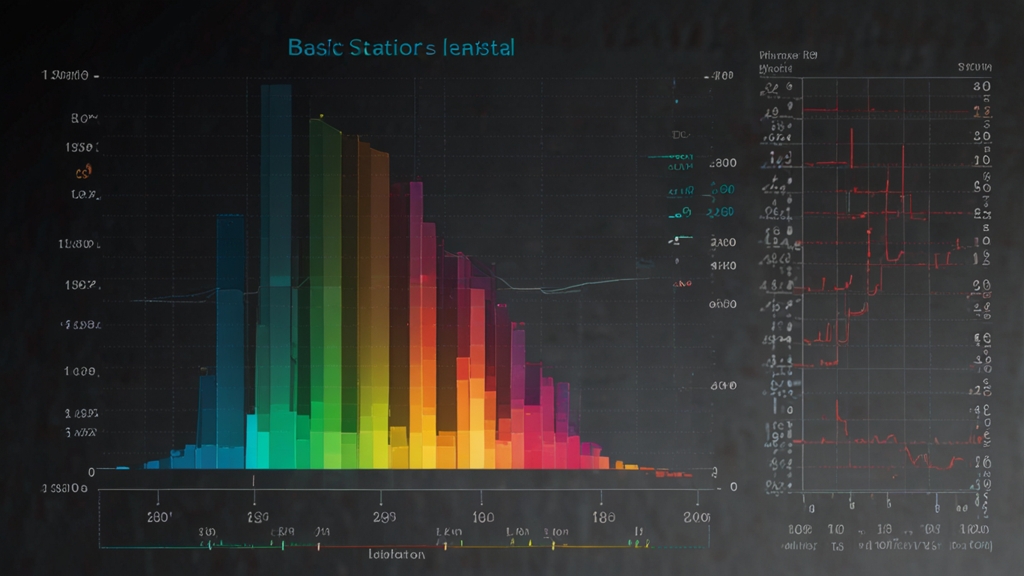C Horror Stories: What Happens When You Write Bad Code
C is a powerful programming language that has stood the test of time, providing the backbone for many operating systems and critical applications. However, the potency of C comes with its pitfalls. Writing subpar code in C can lead to unpredictable and often terrifying consequences. Let's delve into some horror stories that illustrate why writing bad code in C can be a coder's worst nightmare.
Memory Leaks: The Silent Killers
One of the most common issues in C programming is memory leaks. Unlike higher-level languages that handle memory management automatically, C requires programmers to manually allocate and deallocate memory. Failing to free allocated memory can lead to memory leaks, which over time can cause programs to consume increasing amounts of memory, eventually leading to crashes.
Imagine a server application that needs to run 24/7. Now picture what happens when the code has a memory leak. Slowly but surely, the server begins to consume more RAM, ultimately leading to a complete system failure in the middle of the night. Debugging this can be a nightmare, especially if the leak is subtle and occurs sporadically.
Buffer Overflows: Breaking the Boundaries
Buffers are an essential part of many C programs, but they can also be a source of potential danger. A buffer overflow occurs when data exceeds the allocated buffer space, overwriting adjacent memory. This can result in erratic behavior, crashes, and in worst-case scenarios, security vulnerabilities.
One well-known example is the infamous Heartbleed bug in the OpenSSL library. A small buffer overflow allowed attackers to read sensitive information from the memory of servers, exposing passwords, private keys, and other confidential data. This simple coding error had widespread consequences, affecting millions of websites and services.
Null Pointer Dereferencing: A Crash Waiting to Happen
Dereferencing null pointers is another common issue that can easily slip through the cracks. When a pointer that should reference valid memory is instead null, any attempt to access the data it points to will result in a segmentation fault, causing the program to crash.
Consider the following scenario: A developer writes a function that accepts a pointer as an argument. They assume that the pointer will always be valid, but due to a logical error, a null pointer is passed at runtime. The program crashes unexpectedly, leaving users frustrated and developers scrambling for a fix.
Uninitialized Variables: The Phantom Bugs
Uninitialized variables can lead to undefined behavior since they can hold any value stored in that memory location. This can produce inconsistent results and bugs that are difficult to reproduce and track down.
Think about a financial application that performs complex calculations. An uninitialized variable can lead to incorrect outputs, potentially costing the company millions. Debugging this issue is challenging because the problem may only manifest under specific conditions, making it a 'phantom' bug.
Undefined Behavior: The Wild West of C Programming
One of the more esoteric but equally dangerous aspects of C programming is undefined behavior. This term refers to code operations for which the C standard does not prescribe any specific behavior. Compilers are free to handle these situations in unpredictable ways, often leading to bizarre and difficult-to-diagnose problems.
For example, consider the simple act of using an integer variable before initializing it. Depending on the compiler and optimization settings, you might get different results each time you run your code. This unpredictability can drive even experienced developers to their wit's end.
Conclusion
While C is a powerful and versatile language, it demands a high level of discipline and attention to detail. The horror stories discussed here serve as cautionary tales of what can go wrong when code quality is compromised. Always remember to:
- Manage memory diligently.
- Check bounds in buffer operations.
- Initialize variables.
- Handle pointers carefully.
- Beware of undefined behavior.
By adhering to these best practices, developers can avoid these common pitfalls and ensure their C programs are robust, secure, and maintainable.










